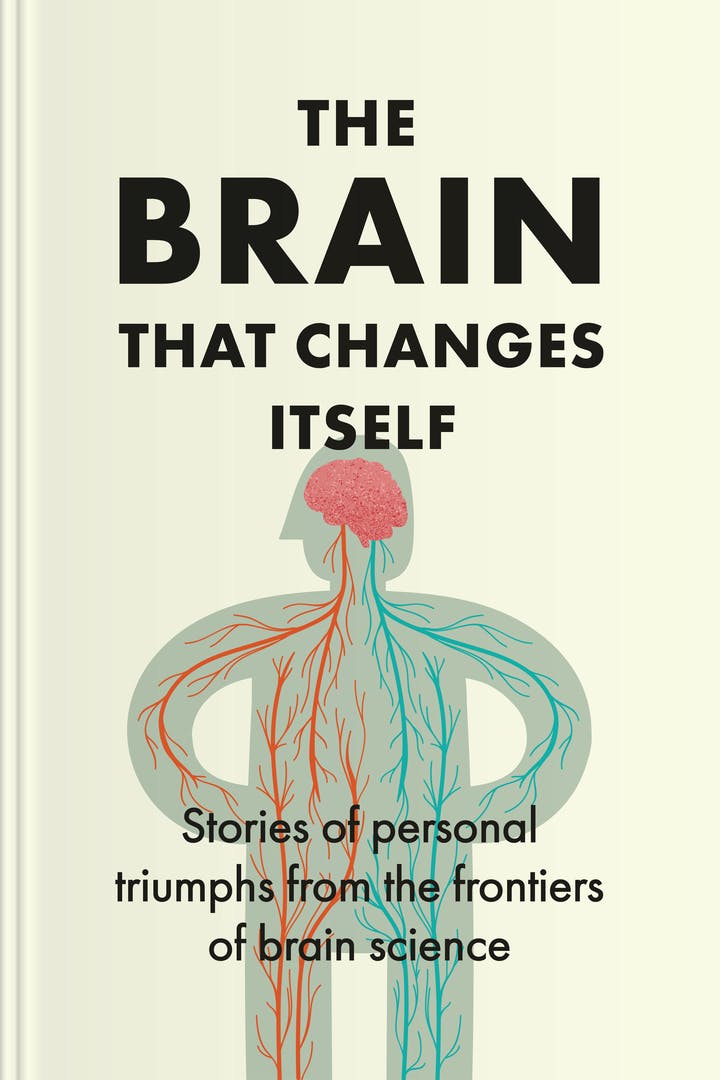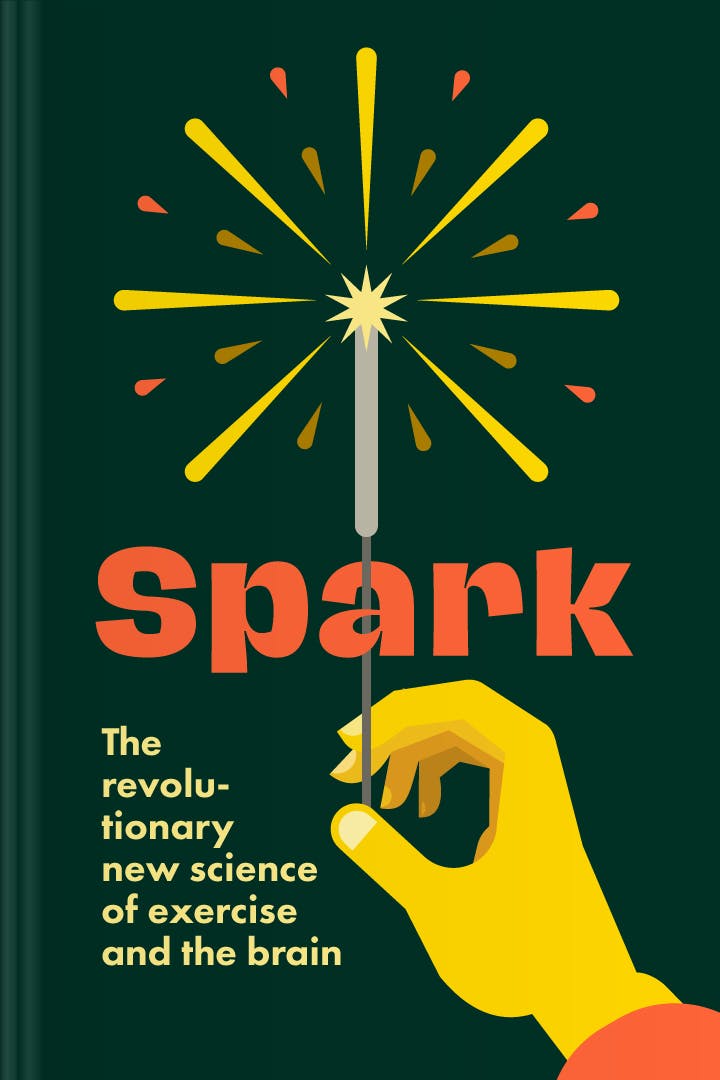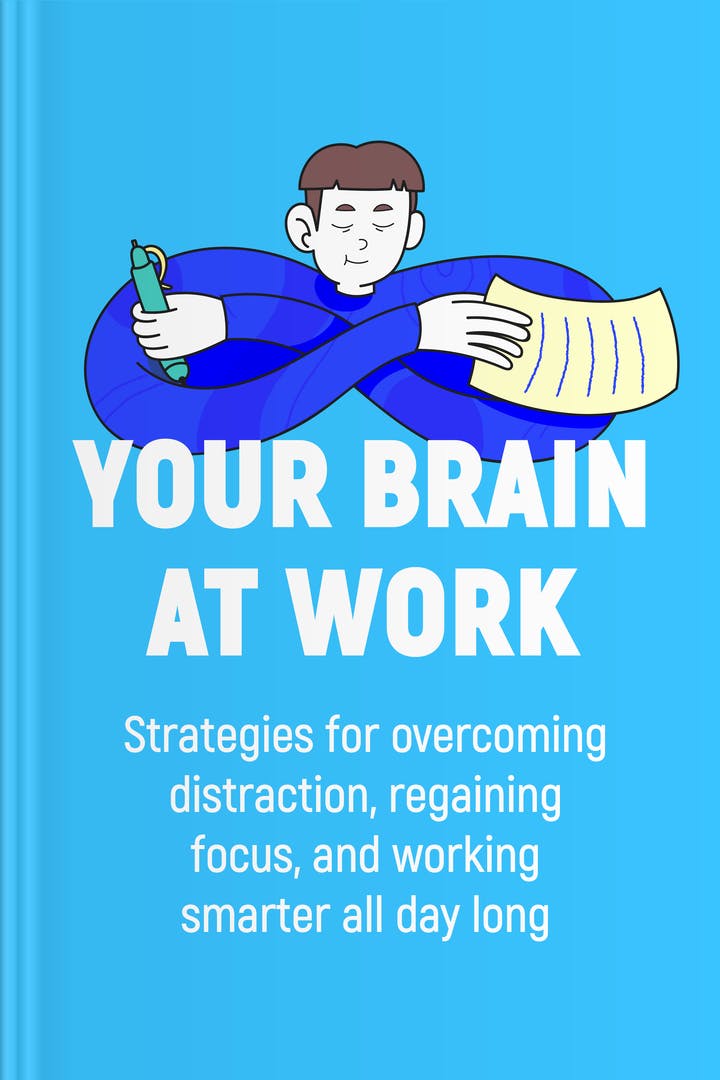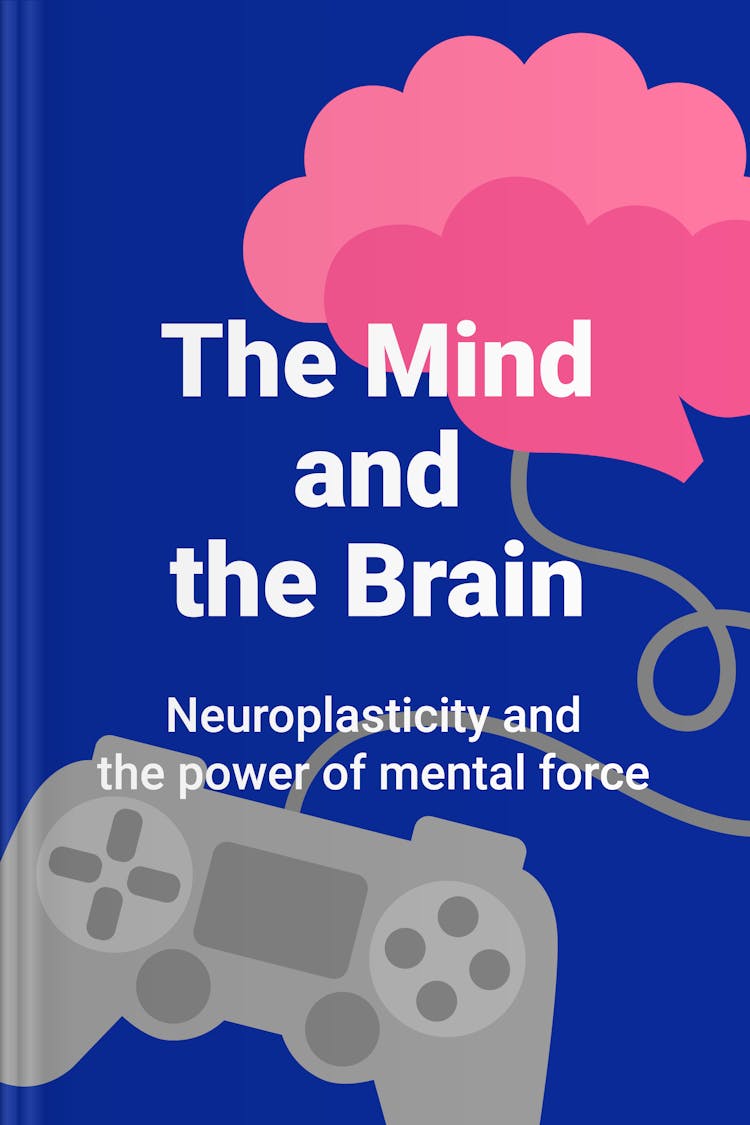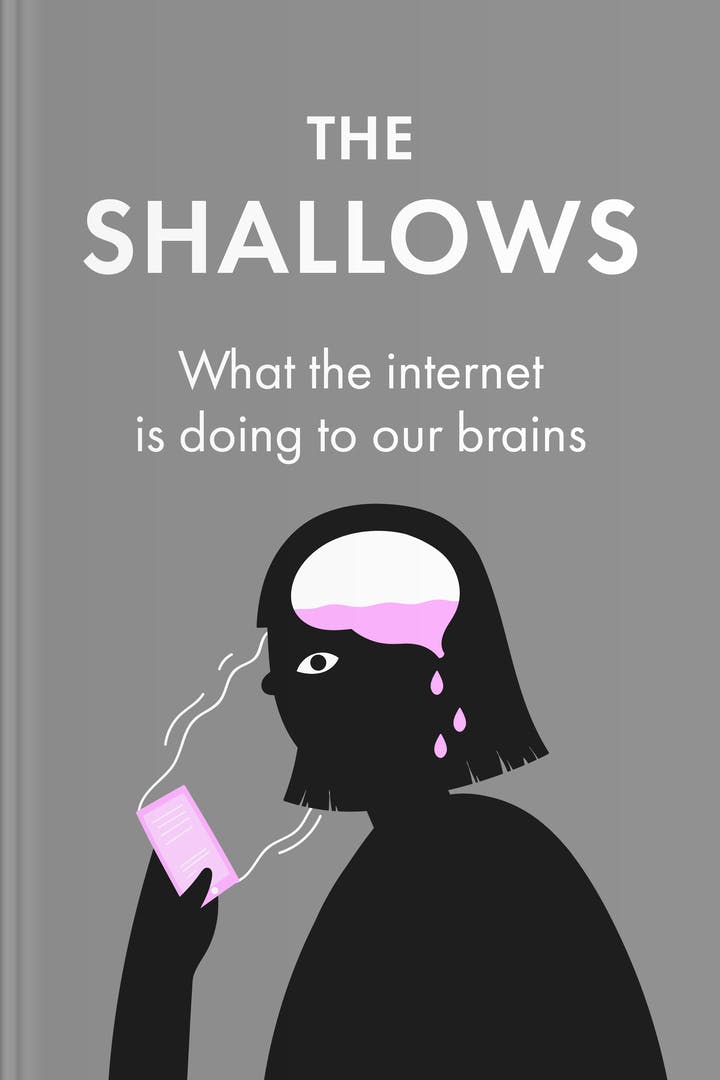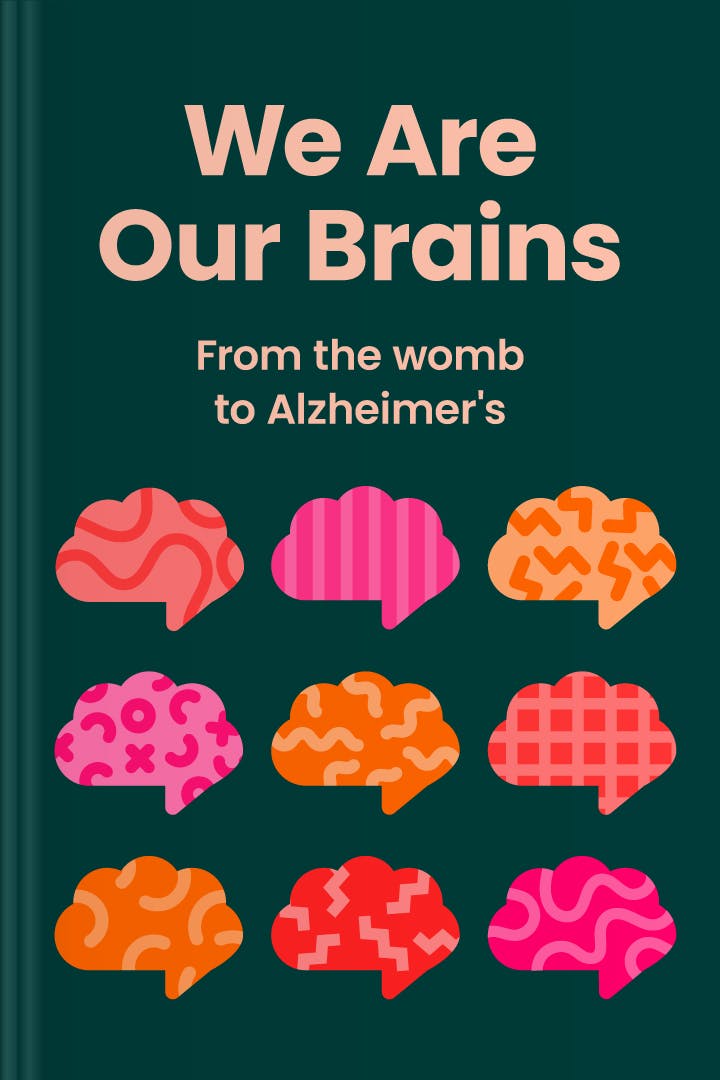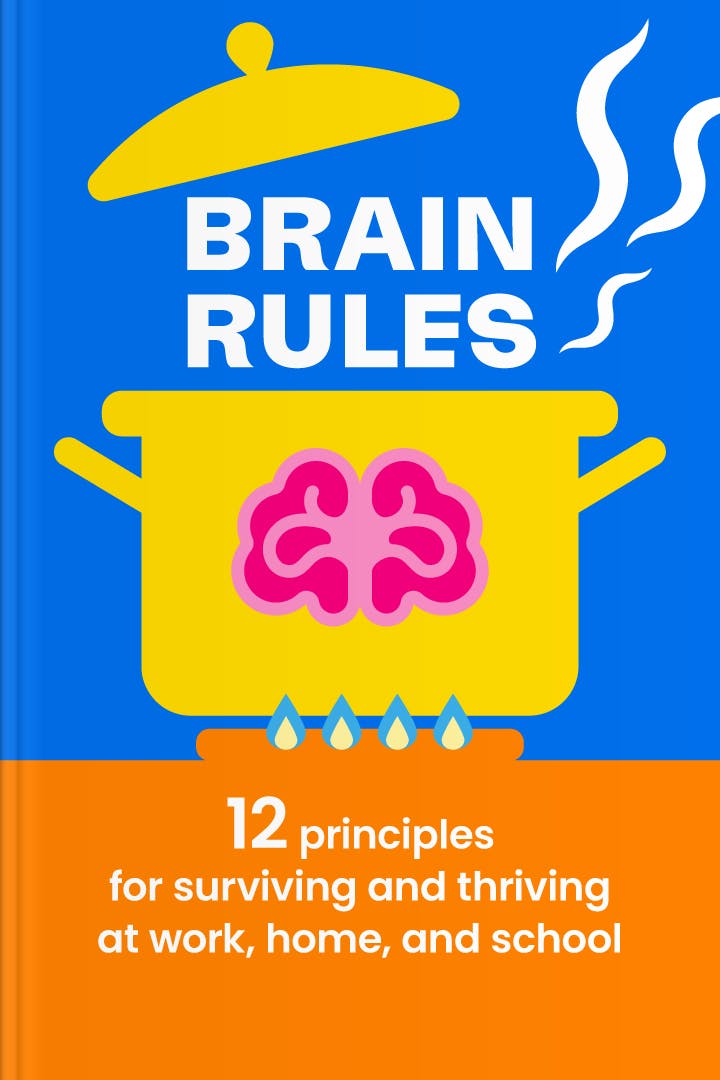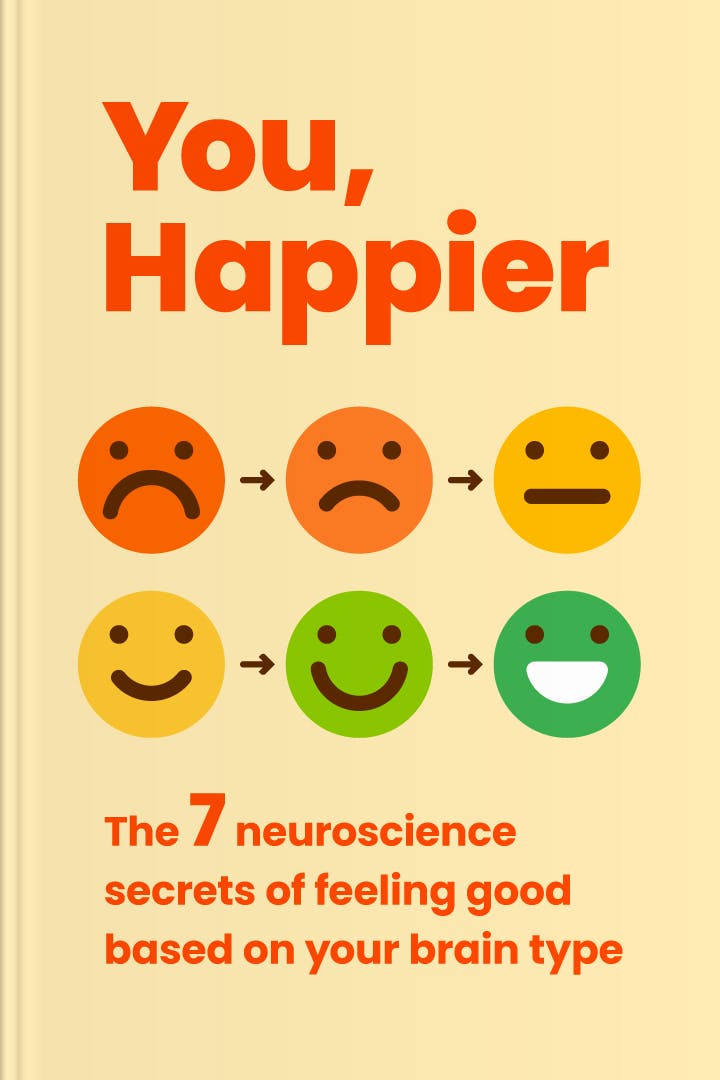What is The Brain that Changes Itself about?
"The Brain that Changes Itself" by Norman Doidge, M.D. explores the remarkable capacity of the human brain to adapt and rewire itself. Through a collection of captivating stories, Doidge delves into the frontiers of brain science, showcasing personal triumphs of individuals who have overcome various neurological challenges. This groundbreaking book sheds light on the plasticity of the brain and offers hope for those seeking to harness its transformative power.
